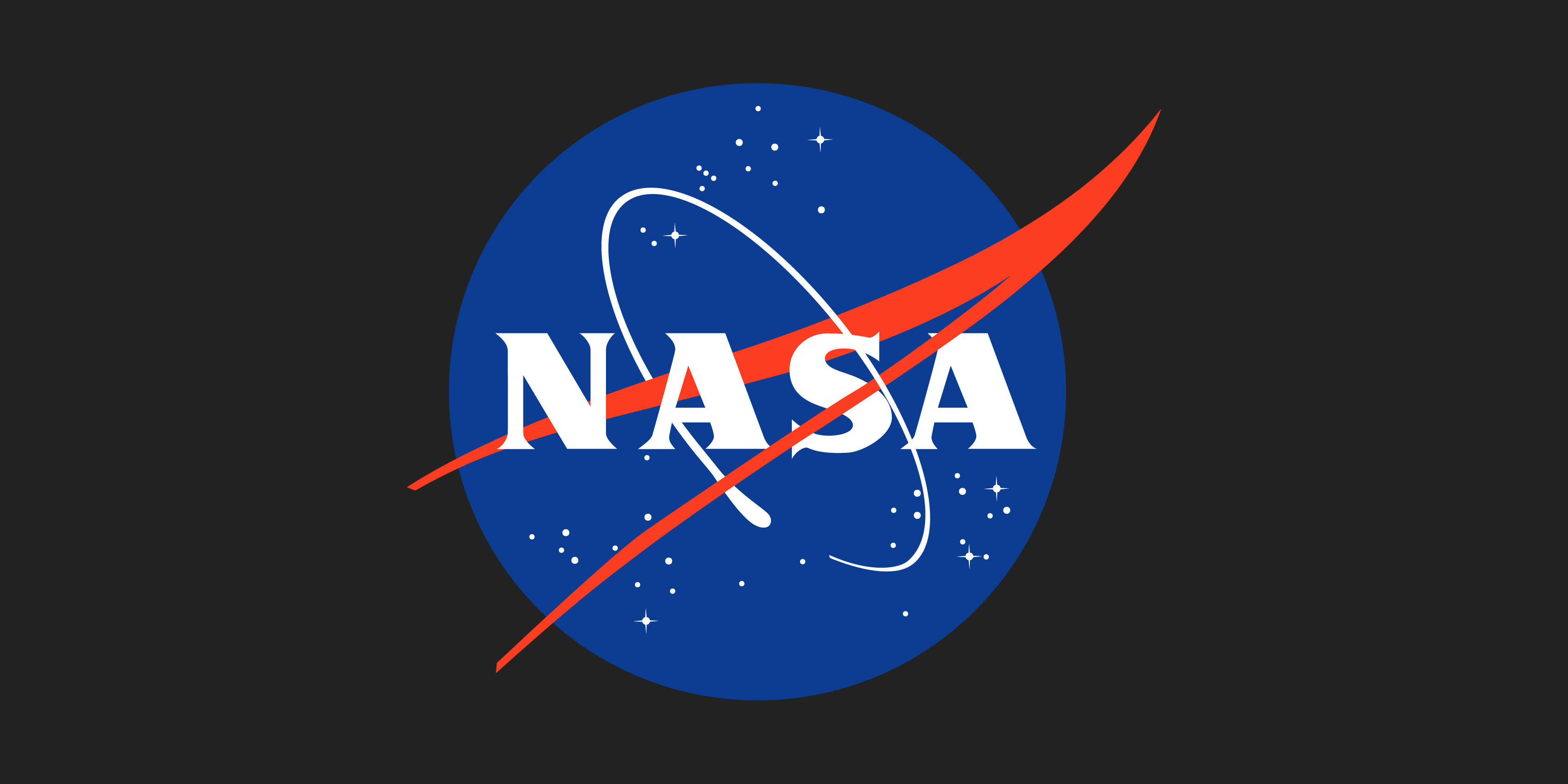Fourteen undergraduate and graduate teams from across the country were selected as finalists to compete in one of NASA’s longest running student challenges — the Revolutionary Aerospace Systems Concepts – Academic Linkage (RASC-AL) competition. The competition fuels innovation and challenges undergraduate and graduate teams to develop new concepts to improve our ability to operate on the Moon, Mars and beyond. Finalists will travel to Cocoa Beach, Florida next June to present their proposed concepts to a panel of NASA and aerospace industry leaders.
The 2024 finalist teams are:
AI-Powered Self-Replicating Probe Theme:
- Clarkson University with Khalifa University and the Royal Melbourne Institute of Technology (RMIT)
- AUTONOMY: Augmented Unmanned Technology Operating in Navigating Objects of Mining Yield
- Advisors: Dr. Michael Bazzocchi (Clarkson), Dr. Roberto Sabatini (Khalifa), Dr. Alessandro Gardi (Khalifa), Dr. Anna Bourmistrova (RMIT)
- Stanford University with the University of Waterloo
- Modular Self-Assembling Robotic Architecture (MARA)
- Advisors: Prof. Anton Ermakov (Stanford), Prof. William Melek (Waterloo)
- University of Texas, Austin
- AETHER: Autonomous Exploration Through Extraterrestrial Regions
- Advisor: Prof. Adam Nokes
- Virginia Polytechnic Institute and State University
- Project Draupnir
- Advisor: Dr. Kevin Shinpaugh
Large-Scale Lunar Crater Prospector Theme:
- Iowa State University
- Sub-Surface Condensation Analysis Rover for Crater Exploration (SCARCE)
- Advisor: Dr. Matthew Nelson
- South Dakota State University
- POSEID-N: Prospecting Observation System for Exploration, Investigation, Discovery, and Navigation
- Advisor: Dr. Todd Letcher
- Tulane University
- S.P.I.D.E.R: South Pole Ice Drilling and Exploration Rover
- Advisors: Dr. Matt Barrios
- University of Maryland
- SITIS: Subsurface Ice and Terrain In-situ Surveyor
- Advisor: Dr. David Akin
- University of Texas, Austin
- VENOM: Volatile Examining luNar prOspectors and Mothership
- Advisor: Prof. Adam Nokes
Long-Duration Mars Simulation at the Moon Theme:
- Massachusetts Institute of Technology (MIT) with the Swiss Federal Institute of Technology – Lausanne (ISAE) and National Higher French Institute of Aeronautics and Space (EPFL)
- MARTEMIS: Mars Architecture Research using Taguchi Experiments on the Moon with International Solidarity
- Advisors: Prof. Jeffrey Hoffman (MIT), Madelyn Hoying (MIT), Dr. George Lordos (MIT), Dr. Olivier de Weck (MIT), Dr. Alexandros Lordos (University of Cyprus), Vsevolo Peysakhovich (ISAE), Dr. Andreas Osterwalder (EPFL), Dr. Martin Heyne (Intuitive Machines), Dr. Alexander Miller (Blue Origin)
- University of Maryland
- Moon-2-Mars
- Advisors: Dr. David Akin, Charles Hanner
Sustained Lunar Evolution Theme:
- University of Illinois, Urbana-Champaign (UIUC) with Barrios Technology
- THEIA: Trans-lunar Hub for Exploration, ISRU, and Advancement
- Advisors: Dr. Victoria Coverstone (UIUC), Dr. Robyn Woollands (UIUC), Alec Auster (Barrios Technology)
- University of Maryland
- TILE: Terrapin Infrastructure for Lunar Evolution
- Advisors: Dr. Jarred Young, Christopher Kingsley
- University of Puerto Rico, Mayagüez
- POLARIS: Permanent-Outpost Lunar Architecture for Research and Innovative Services
- Advisors: Dr. Bárbara Calcagno, Dr. Gustavo Gutiérrez
For the 2024 competition, teams were asked to submit a two-minute video and detailed seven-to-nine-page proposal addressing one of four themes related to leveraging innovation to improve our ability to operate on the Moon, Mars and beyond. They included: Long-Duration Mars Simulation at the Moon, Sustained Lunar Evolution, AI-Powered Self-Replicating Probes – an Evolutionary Approach, and Large-Scale Lunar Crater Prospector. A steering committee of NASA personnel and industry experts selected the finalists based on a review of competitive proposals.
“Each year we come up with themes for the competition that NASA and the aerospace industry are invested in, because these are real challenges that we are facing, and every year we are impressed with the proposals we receive,” said Patrick Troutman, RASC-AL sponsor and lead for human exploration strategic assessments at NASA’s Langley Research Center in Hampton, Virginia. “We heard a lot of great ideas from the university community this year, but these 14 finalists really raised the bar and impressed us.”
RASC-AL projects allow university students to incorporate their coursework into space exploration objectives in a team environment and help bridge strategic knowledge gaps associated with NASA’s vision. The competition emphasizes the importance of multidisciplinary teams.
“It’s never an easy decision when it comes to choosing finalists, because we love working with university students across the board and appreciate how passionate they all are about aerospace, but these fourteen teams really went above and beyond in their approaches and we look forward to hearing more from them at the forum, ” said Dr. Christopher Jones, Chief Technologist for the Systems Analysis and Concepts Directorate at Langley, and RASC-AL sponsor and judge.
For 2024, each finalist team receives a $6,500 stipend to further develop and present their concept at the RASC-AL Forum in Cocoa Beach, where they will present their findings to a judging panel of NASA and industry experts. The teams with the top two winning papers will be invited to present their design projects to industry experts at AIAA’s 2024 ASCEND Conference.
RASC-AL is sponsored by the Strategies and Architectures Office within the Exploration Systems Development Mission Directorate at NASA Headquarters, and by the Space Mission Analysis Branch within the Systems Analysis and Concepts Directorate at Langley. It is administered by the National Institute of Aerospace.
For more information about the RASC-AL competition, including complete theme and submission guidelines, visit:
https://rascal.nianet.org
